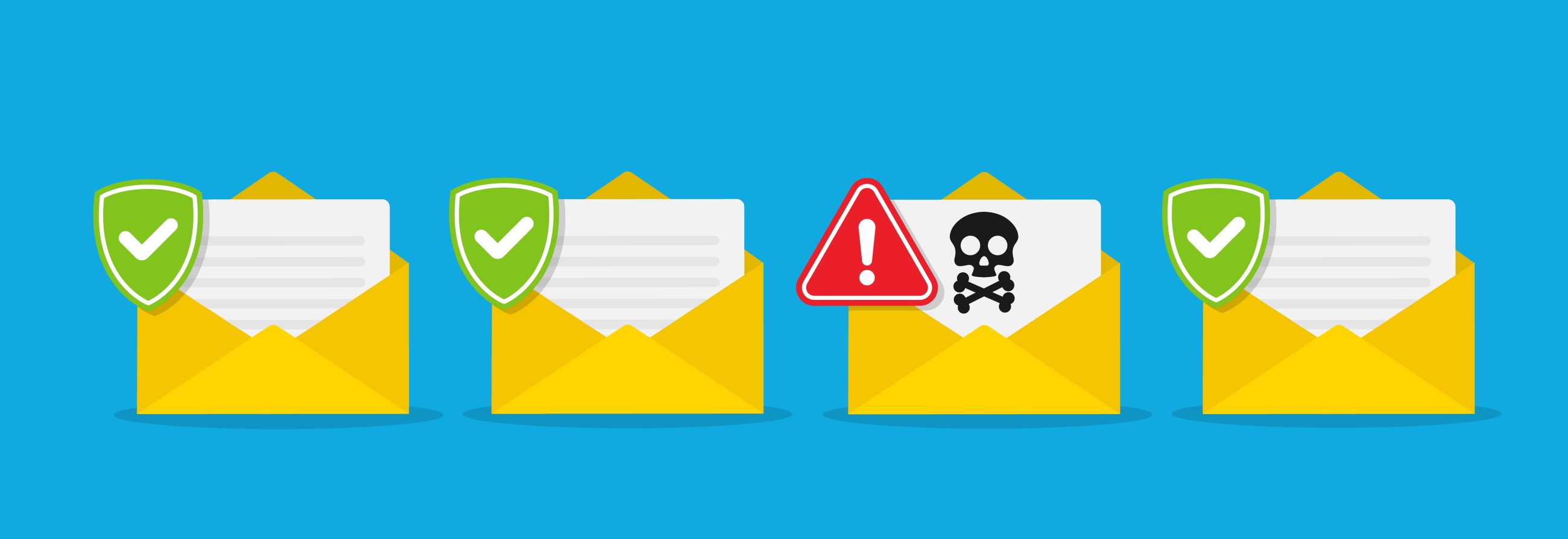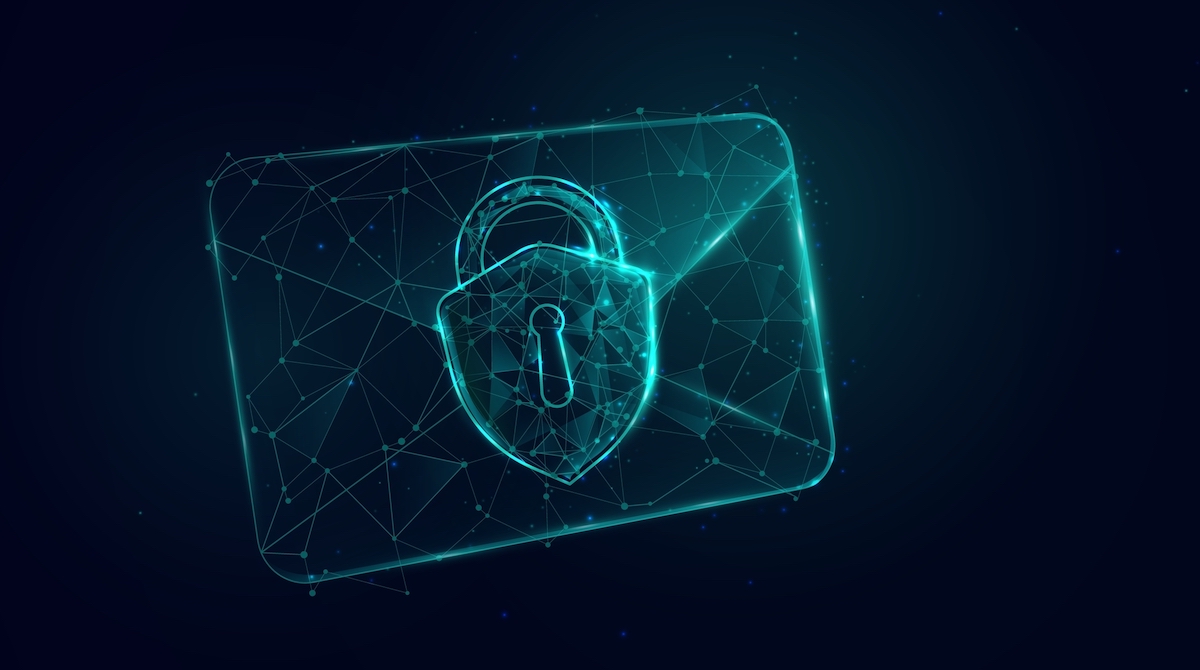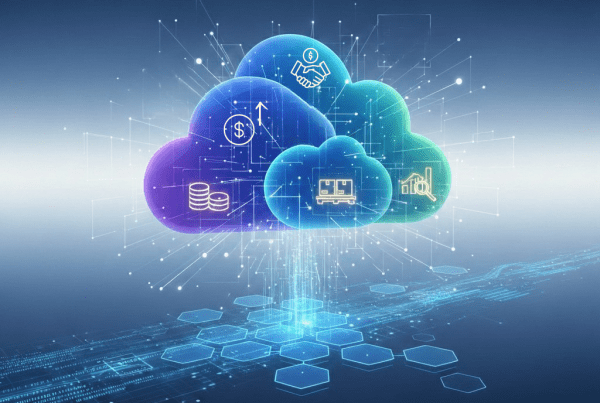Can you remember a day when you didn’t send or receive an email? HubSpot estimates that there are four billion daily email users. Email is still a popular communication tool for individuals and business users alike, however, just like any other communication platform, hackers are continuously developing ways to exploit vulnerabilities, putting your sensitive data at risk of being compromised.
In this blog post, we’ll explore the importance of email security and provide you with actionable tips to protect your valuable information. By staying one step ahead of potential threats and adopting proactive strategies, you can enjoy the peace of mind that comes with knowing your emails are secure.
Why Email Security Matters
Confidentiality
Emails often contain sensitive information such as personal data, financial details, or business strategies. Without adequate security measures, this information could fall into the wrong hands, leading to severe consequences. By prioritizing email security, you can protect the confidentiality of your communications and safeguard sensitive data.
Privacy
Your inbox houses a plethora of private communications, ranging from personal conversations to confidential business exchanges. Unauthorized access to your email account can compromise your privacy, making it crucial to implement appropriate security measures to keep your personal information secure.
Data Integrity
Maintaining the integrity of your emails is crucial for ensuring the information shared remains unchanged and unaltered during transmission. Robust email security measures, such as encryption, prevent tampering or unauthorized modifications, guaranteeing the reliability and authenticity of your digital communication.
Protection against Malware and Phishing Attacks
Email serves as a primary vector for cyber attacks, including malware and phishing attempts. Malicious actors often employ sophisticated techniques to deceive recipients and gain unauthorized access to sensitive information. Implementing strong email security measures helps detect and block suspicious emails, mitigating the risk of falling victim to such attacks.
Compliance with Regulations
Many industries have specific regulations in place to protect sensitive data. Organizations must adhere to these regulations to avoid legal consequences and reputational damage. By implementing robust email security measures, businesses can ensure compliance, thereby protecting their customers’ and partners’ sensitive information.

Best Practices for Email Security
Putting these strategies into practice will ensure the confidentiality, integrity, and privacy of your email messages.
- Use Strong Passwords: Choose unique and complex passwords for your email accounts. Avoid using easily guessable information such as birthdates or common words. Consider utilizing password managers to generate and store strong passwords securely.
- Enable Two-Factor Authentication (2FA): Add an extra layer of security to your email account by enabling 2FA. This involves using a secondary verification method, such as a text message or a mobile app, in addition to your password. Even if your password gets compromised, 2FA ensures that unauthorized individuals cannot access your account.
- Beware of Phishing Emails: Exercise caution when encountering emails requesting personal information or urging you to click on suspicious links. Be vigilant for signs of phishing, such as misspellings, unusual URLs, or unexpected urgency. When in doubt, verify the legitimacy of the email with the sender through a separate channel.
- Keep Software and Operating Systems Updated: Regularly update your email client, antivirus software, and operating system to protect against known vulnerabilities and security exploits. Install updates promptly to ensure you have the latest security patches.
- Use Email Encryption: Encrypting sensitive emails adds an extra layer of protection, ensuring that only the intended recipient can access the content. Utilize encryption options provided by your email service provider or consider using third-party encryption tools for enhanced security.
- Regularly Backup Your Emails: Back up your emails regularly to safeguard against accidental deletion, hardware failure, or security breaches. Explore cloud-based backup solutions or create local backups to ensure you can restore your messages and attachments if needed.
- Exercise Caution on Public Wi-Fi: Avoid accessing your email on public Wi-Fi networks, where your data may be intercepted by malicious actors. If necessary, use a virtual private network (VPN) to establish a secure connection and protect your information.
Email security is an important part of protecting your digital communication. By implementing these best practices, you can protect the confidentiality, privacy, and integrity of your emails. Don’t forget that email security is an ongoing effort that requires constant vigilance and proactive measures. Stay vigilant and adopt strong security measures to fortify your digital communication against evolving cyber threats.
About Atlantic, Tomorrow’s Office
Atlantic is an award-winning office technology and IT solutions company providing Imaging Products, IT Support, Document Management, Cybersecurity and Managed Services to small and large companies in the New York City metropolitan area, and the Greater Philadelphia and Delaware Valley.
For the latest industry trends and technology insights visit ATO’s main Blog page.





